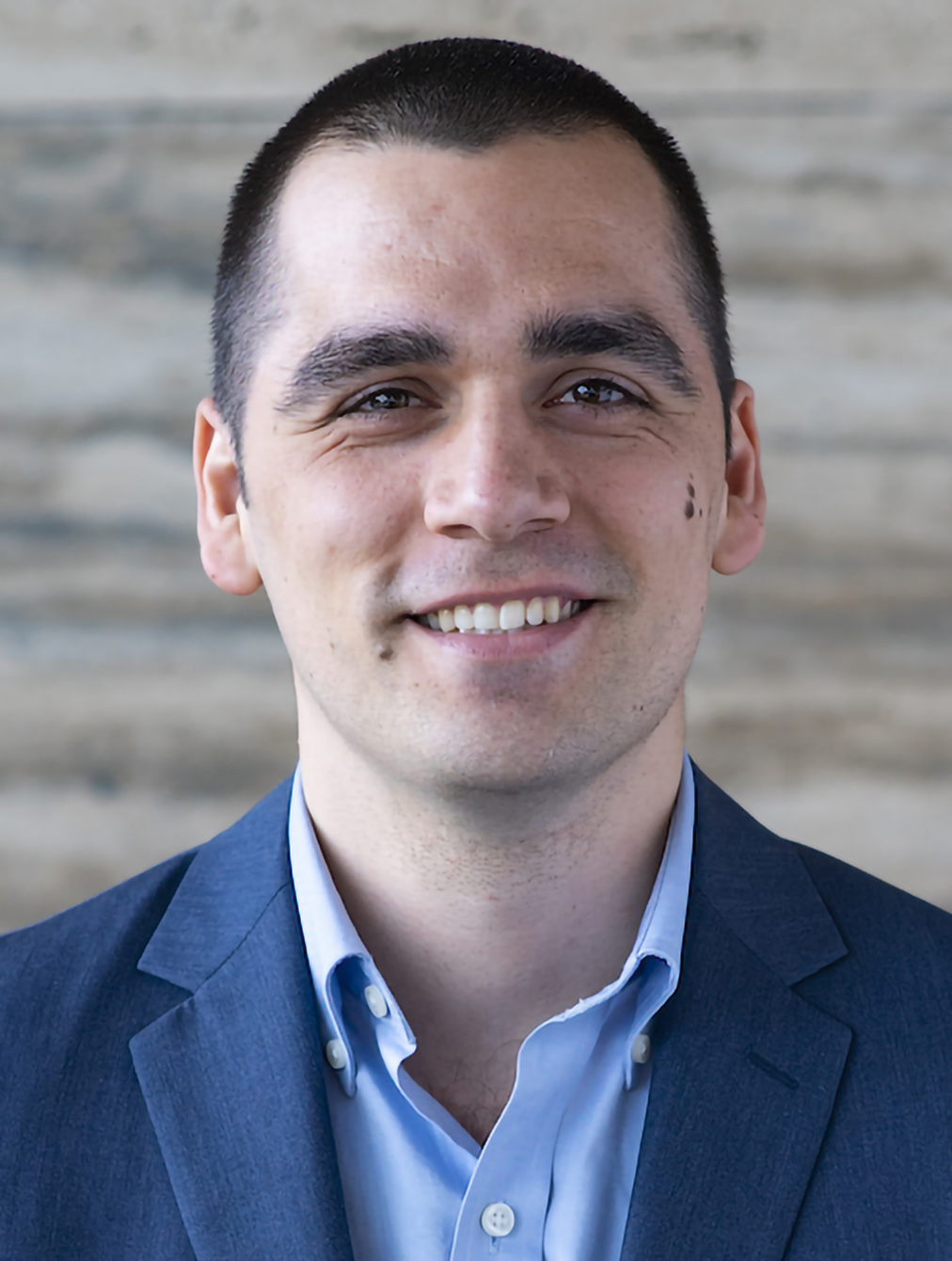
Tom Mueller
Bestselling Author, 'How to Make a Killing, Crisis of Conscience,' and 'Extra Virginity'
Tom Mueller is a bestselling author and investigative journalist known for his compelling exposés of fraud and corruption in government, healthcare, the corporate world, and beyond. Peppered with captivating stories from his extensive investigations, Mueller’s talks shine a light on major wrongdoing that many worked to keep secret, address the societal impacts of these iniquities, and explore what such misdeeds—and those brave enough to expose them—reveal about our humanity.
Mueller is the author of three books that have been translated into a dozen languages. Extra Virginity is a New York Times bestselling account of the culture, crime and history of olive oil and other great Mediterranean foods. Crisis of Conscience is a deep dive into whistleblowing and fraud in corporate and governmental settings. How to Make a Killing, Tom’s most recent book, explores the dark, dysfunctional world of the US healthcare through the lens of the dialysis industry—the epitome of money-driven, “fast food” medicine. Docuseries adaptations of How to Make a Killing and Extra Virginity are currently in progress.
In work that complements his books, Tom’s feature writing has graced the pages of the New Yorker, National Geographic, New York Times Magazine, and Atlantic Monthly, among others. He has covered topics as diverse as antiquities theft and trafficking, computer chess programming, the discovery of Tutankhamun’s tomb, and the evolution of whales. Tom’s insights can also be observed on popular programs such as 60 Minutes, Amanpour & Co., Fareed Zakaria GPS, and The Lead. His investigations have also led him to testify on the international food industry before the Italian Parliament and the House of Representatives (US International Trade Commission), and to deliver a keynote address at the US Senate on National Whistleblower Day.
Tom has lived or worked in over 50 countries, and currently lives in Italy. His diverse background and international perspectives allow comparative views on many issues and trends. He is particularly fascinated by the radically different ways in which the United States and European countries, particularly Italy, meet key social, medical, legal, and economic challenges. He has appeared as an on-camera expert for historical programs, including two recent BBC documentaries on aspects of ancient Rome, Colosseum and Ancient Powers.
Tom earned his PhD at Oxford, where he was a Rhodes Scholar, and his BA at Harvard, where he graduated summa cum laude. Prior to becoming a writer, he worked as a mergers and acquisitions associate at Goldman Sachs.
Topics
Videos
Books
Articles
Podcasts
Testimonials
This speaker does not have any Articles yet.
Request Availability
Download Bio
Authors
Democracy
Social Commentary
Leadership
Philosophy & Ethics
Artificial Intelligence
Related speakers
No related speakers.























